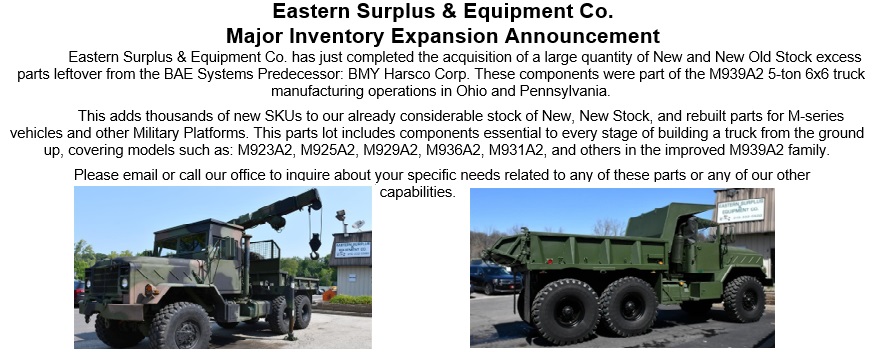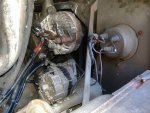A potential problem with changing the deuce to 12v is the wiring. The wires are sized to conduct the current that you expect running 24v lights. If you operate 12 volt lights at the same power level (brightness equivalent), you will need twice the current. Therein lies the rub. The wires will not be big enough. The 3 lever switch will not be stout enough, either. They tend to melt when they get dirty a bit, and this doubling of current will exacerbate that. The breakers are sized for the current in a 24v system. You will have to change the breakers to ones rated at twice the current.
I recommend leaving the 24v system as it is, and add a 24 to 12 converter box. A good alternative would be to tap off of the top of the lower battery for small loads, but in that case, put two voltmeters in the cab, one reading each battery. If the voltages become imbalanced by more than a volt or so, I'd quit using that setup and get the converter. I've seen them for as low as $3 at fleamarkets and they work. New, is less than $100 by a bunch. Irv




